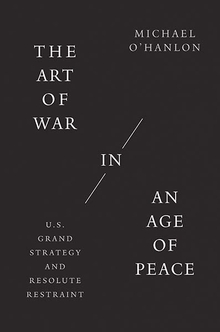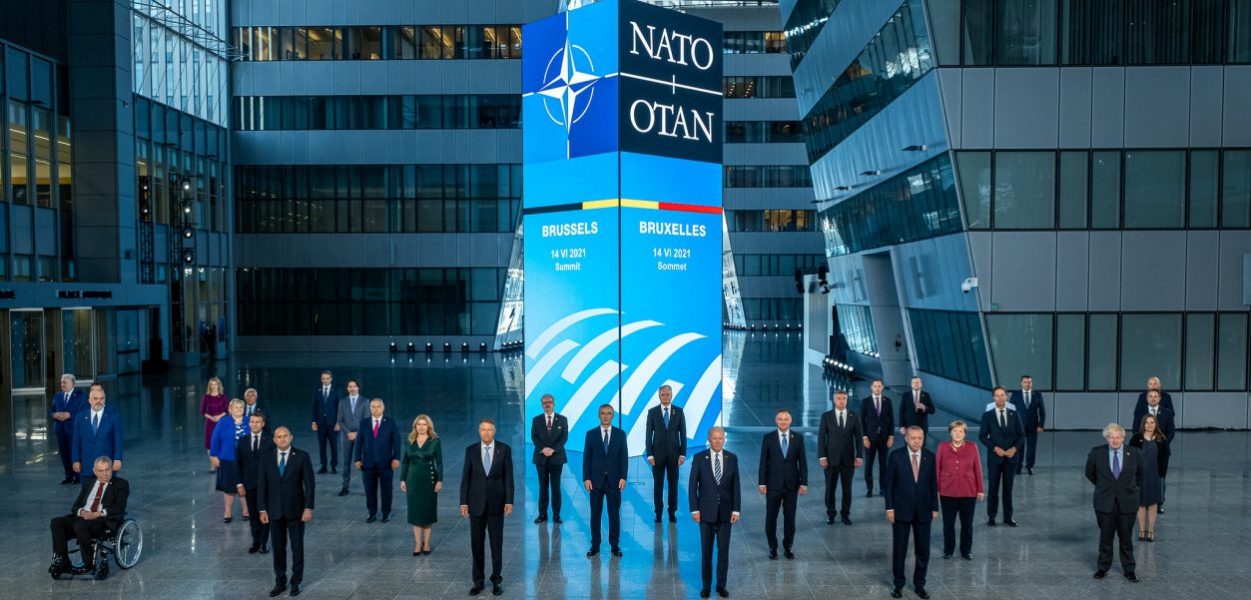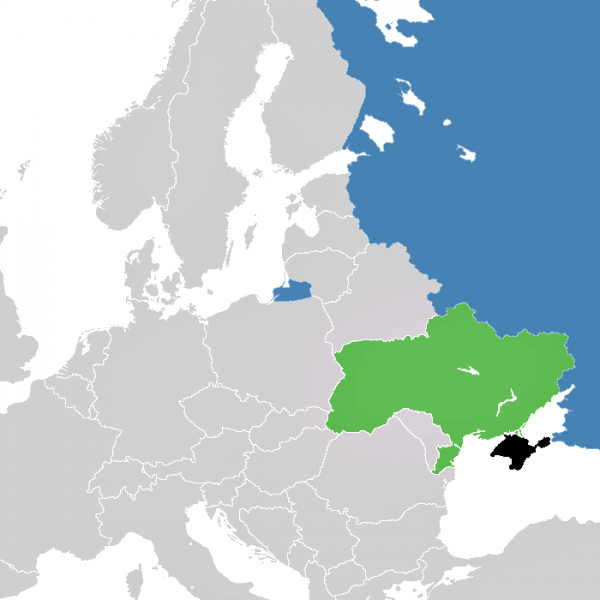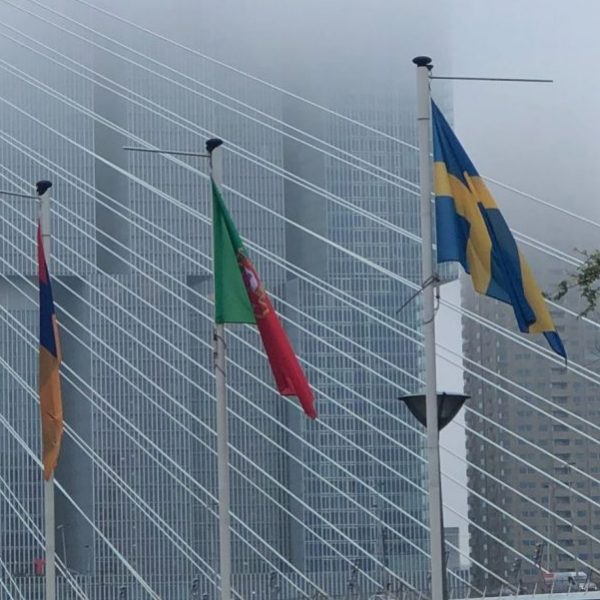Needed: A New Security Order for Eastern Europe
Michael O’Hanlon—
On his trip to Europe in June of 2021, President Biden faced a question that he would likely have preferred to avoid: should Ukraine be invited to join the North Atlantic Treaty Organization, and thereby receive a promise of mutual security from the United States as well as NATO’s other 29 members? The Ukrainian president asked Biden for a prompt answer to his request to join. Several senators in the United States again started to push the idea, which dates back formally to the Bush presidency and 2008 NATO summit in Bucharest, where Ukraine was first promised eventual membership (with no schedule for joining, however, and no interim security guarantee). The issue is undoubtedly often on the mind of Vladimir Putin, as well.
We need to slow this train down. Bringing Ukraine or another former Soviet republic like Georgia into NATO is not the best way to improve European security. It was one thing to offer membership previously to former members of the Warsaw Pact like Poland, and even to former Soviet republics like the Baltic states—which had never been recognized by Washington as part of the U.S.S.R. It would be another thing entirely to include countries whose history and geography and people are so intertwined with those of Russia.
NATO needs to be resolute in defense of existing allies and territories. But it needs to be restrained in any further ambitions for new members. Its future provides therefore a perfect case study for the argument that our future foreign policy needs to place equal emphasis on both concepts: resoluteness as well as restraint.
As the great Greek historian Thucydides told us, human beings often go to war over pride. Few things could possibly wound Russian pride more than this proposal for NATO expansion into the heart of the former Soviet space. And Russia would surely respond, perhaps with deniable covert attacks that would make it hard for NATO to decide to respond, yet leave Ukraine and/or Georgia at risk.
Of course, Moscow has no right to dictate events near its own borders at the expense of its neighbors. There should be no “Yalta II” whereby the great powers in effect divvy up Europe into respective spheres of influence as happened at the end of World War II. The countries of eastern Europe are fully sovereign and deserve every right to make their own domestic and foreign policy decisions. We in the West also owe a certain debt to Ukraine, which aided in global nonproliferation efforts when it gave up its nearly 2,000 nuclear warheads after the breakup of the Soviet Union in the early 1990s, so that we joined with them in offering a multilateral security guarantee, the Budapest Memorandum of 1994. That is why Ukraine deserves every right to join any other organization it wishes, should it qualify. For its part, Georgia has contributed troops to difficult U.S.-led military missions of the last twenty years. We owe them gratitude, and help. But NATO membership is not the optimal tool.
A new vision for eastern European security is needed. Our goal should be permanent non-alignment, provided that Moscow make verifiable promises to end its aggressions against its neighbors, and allow them to join other organizations like the European Union, if they someday qualify. Regions like the Donbas in Ukraine, where Russia has supported separatist violence since 2014, should also gain a certain autonomy but remain within their current national borders. (Crimea, which Russia took from Ukraine in 2014, may need to be finessed—it is not clear that there is a workable solution on this matter.) If it supports these ideas and implements them consistently, Russia should then benefit from a lifting of most western sanctions.
In pursuing such a diplomatic solution, there can be no apology for NATO’s past growth, which was not done with any hostile intent. The fact that Russia has acted predictably in its anger about NATO expansion (and EU expansion) to date does not mean that Russia was justified in its anger—or use of violence and other tactics—against the idea. The possibility that enlargement was always an idea of dubious wisdom does not mean that it was sinister or imperialistic.
And, now that they are in, new members like the Baltic states cannot be seen as second-class citizens of the alliance. To convey contrition for NATO’s past actions would only embolden Russia and make it unwilling to offer compromises of its own in pursuit of a new security order. To convey any sense that some alliance members are more important than others would jeopardize NATO’s deterrence in those very places where Moscow is most likely to test it—especially if the negotiations ultimately prove unsuccessful. Again, we must be resolute in defending the Baltic states as well as any other existing members.
But NATO, an organization originally created by 12 countries bordering the North Atlantic region that then grew to only 16 by Cold War’s end, has expanded enough. It has nearly doubled in membership since the Berlin Wall fell. It is now often viewed too much as a tool of democracy promotion rather than of the preservation of core western security interests. That is unwise. Rather than enlarge it even more, with predictable and indeed inevitable consequences for the U.S.-Russia relationship, we need a new vision for this part of Eurasia that places real demands on Russia’s behavior as well, but seeks to avoid the exacerbation of tensions in an already very fraught relationship.
Michael O’Hanlon, senior fellow at Brookings, is author of the new Book, The Art of War in an Age of Peace: U.S. Grand Strategy and Resolute Restraint.
Further Reading:



























